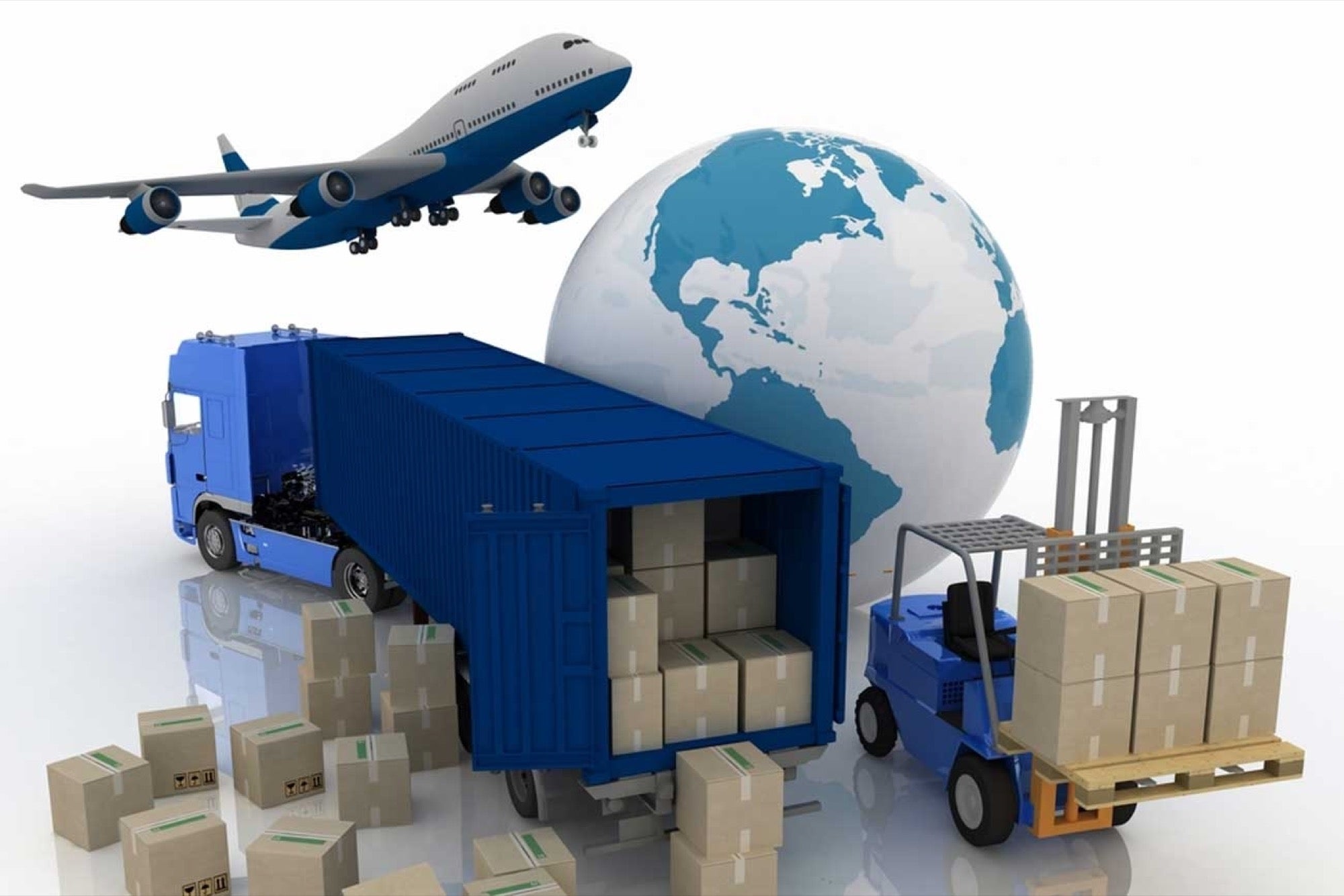In recent decades, we have seen an increase in the number of purchases made on the Internet. It is a trend that has allowed for the evolution of software infrastructure and payment transactions. Leading to the emergence of new solutions in the markets. Likewise, the methods adopted in e-commerce for the delivery of goods should have become more efficient given the relationship between.
In this article, we will learn a little more about the importance of logistics for the operation of marketplaces. Highlighting how it can be optimized to bring more benefits online. Consumers and increase the value for tenants. Follow!
What is the difference between an online store and a marketplace?
Before moving on to optimizing logistics, it is worth understanding what trading platforms are and how they work. In general, marketplaces are virtual marketplaces in the retail sector that are hosted by other companies offering their products. Distribution logistics chains were mainly formed from industries, wholesalers and tenants.
However, the development of online sales has highlighted marketplaces as a link in this chain, which has been accompanied by an upgrade of communication technologies between buyers and sellers.
To understand the difference between virtual stores and marketplaces a little better. It is important to know the basic functioning of their production chains. Production chains typically operate by centralizing and storing products developed by industries in more strategic locations. Making it easier to ship to the end consumer.
This centralization is the responsibility of the commercial sector. Mainly made up of wholesalers who distribute products to retailers who are responsible for making them available to end consumers. Each of these participants in the production chain is linked by a logistics activity that is responsible for the transit of goods.
However, with the advent of marketplaces, the distribution sequence of products has changed, from industry to wholesale to retail, which sells through marketplaces.
The new link in the distribution chain. While it does not mean a change in ownership of the goods, adds another logistics step to a process that can be performed by the store owner or outsourced to the marketplace.
In short, the difference between a virtual store and a marketplace is that the latter brings together multiple stores on a single virtual site, providing advanced software infrastructure, payment options, and security for tenants.
These solutions are also a great way to reach potential consumers with a wide range of products. This new scenario has in practice led to a new way of selling. In addition to the challenges of updating the controls and technologies used in logistics management.
How to optimize logistics in the market?
The marketplace has brought countless benefits for tenants, making it easier to build their online presence and add repeat visitors. With an increase in the number of internal sellers, marketplaces are increasingly looking to ease logistics flows and reduce red tape. All this contributes to more flexible and efficient processes.
Logistics also had to offer more advanced technologies to streamline its operations and meet the needs of sellers. This search for improvement aims to increase the profitability of the logistics business by allowing markets to offer more robust structures. Check here the best Logistics Service Hong Kong.

Another advantage is that they can provide their own warehouse and transportation services to small and medium-sized businesses hosted on the platforms. For those who are already present on trading floors or intend to use them, it is important to pay attention to important issues related to logistics. Then, get 3 valuable tips on how to optimize your market engagement and logistics.
Leverage existing negotiations between marketplaces and carriers
The best marketplaces in the market have contracts with shipping companies to add value to their associated store owners. These partnerships usually include specific shipping and delivery control plans already tailored for each region.
In addition, the number of tenants present on the market also contributes to lower costs, as these agreements are offered based on the number of participants on the platforms as one of them so, one of the ways to optimize logistics management. And eliminate the burden of maintaining your own transport structure is to take advantage of these previously concluded contracts. Logistics companies and receive all the benefits of cost reduction and ease of control.
Plan reverse logistics and exchange and return policies
For the added value that the marketplace model has to offer, a store owner who does not apply adequate logistics management can jeopardize everything and weaken their business due to dissatisfaction with the delivery of goods (one of the points that most affects shopping experience. It is, therefore, necessary to apply well-planned logistics control methods. Establish policies and guidelines that relate to common situations, such as adherence to delivery times and guarantee the integrity of the product during transport.
Preventive protocols such as exchanges of goods, withdrawals, returns, in short, all reverse logistics operations Planning is key because without it is impossible to structure processes that positively influence the shopping experience.
Use integrators to manage multiple sales channels and manage inventory
It is not uncommon for tenants to participate in several trading platforms at the same time. This practice reflects operating strategies based on regional preference or product, as there are specialized marketplaces in certain niche markets.
In any case, such a variety of sales channels inevitably creates problems for logistics control. Ultimately, you need the means to track new orders, make payments, place a product, confirm delivery, and measure customer satisfaction.
All of these benchmarks multiply with the number of accepted sales channels. Therefore, it is recommended to use marketplace integrators to optimize logistics control. Integrators are tools that help control available inventory in a unique way across all marketplaces a tenant participates in.
In this way, products can be targeted according to their release, allowing the store owner to seize on sales opportunities and avoid conflicts between managed platforms. Do you see the importance of the relationship between market and logistics for the success of digital enterprises?





